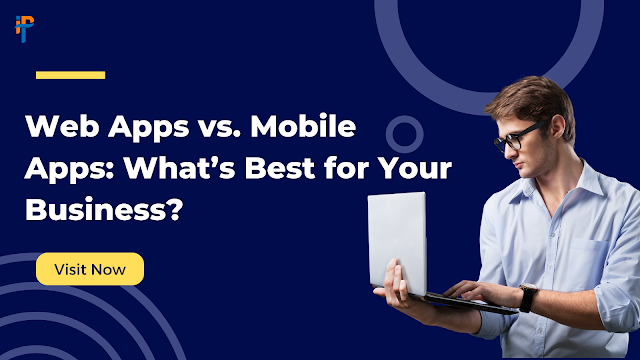Why Startups Are Choosing Kotlin Multiplatform for App Development in 2025

Startups are constantly seeking smarter, leaner, and faster ways to launch mobile and web applications. In 2025, one development trend is catching serious momentum: Kotlin Multiplatform App Development . Built and maintained by JetBrains—the creators of Kotlin— Kotlin Multiplatform (KMP) allows developers to share code across Android, iOS, desktop, web, and backend. For startups, this means faster development, lower costs, and consistent user experiences across platforms —without compromising performance. In this blog, we’ll explore why more and more startups are embracing Kotlin Multiplatform App Development in 2025, how it compares to other cross-platform technologies, and what benefits it offers for early-stage ventures. What Is Kotlin Multiplatform? Kotlin Multiplatform is a framework that allows you to write shared code for multiple platforms—especially business logic, networking, and database layers—while maintaining native UIs for Android and iOS. Unlike frameworks like...





